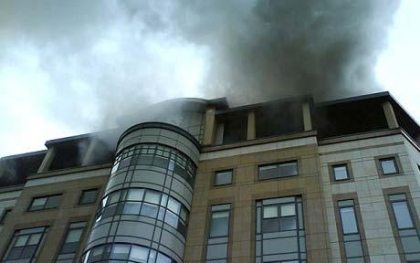With over 200,000 SMEs expected to go bust in 2009 those that will succeed are companies that understand the changing nature of risk and are willing to adapt.
As many businesses are trying to reduce costs cutting their cover can often be tempting. However, without it the consequences could be far reaching and potentially devastating for a company’s future.
Consult a professional
While your needs may seem simple and small the most important thing for any small business is to take on board professional advice such as a broker. As your business changes so will the needs of your cover and a good broker will be able to tailor your cover specifically to your needs. More importantly, they will also be able to keep you informed of any legislation changes and HR updates, and therefore help you avoid any future fines or costs.
With the growth of comparison websites, many are tempted to choose the cheapest option that ticks the most number of boxes. However, as a result of insurance providers wanting to appear as high up the list as possible and so often have to hide costs that come into play later on.
Many will charge high interest rates on monthly direct debit payments or have high excesses on claims. So before making any purchase decisions ask someone to take you through the details so that you are aware of any further costs down the line.
Make sure you forecast properly
When deciding on the right package for your business it is important to ensure you forecast for your needs over the time it is due to run. If you take on more staff, increase stock or change your premises then you may find you’re not covered. It is however possible with many companies to update your policy but you must ensure they are notified of any changes at the earliest possible opportunity.
Business continuity insurance
Another common mistake made by SMEs is the failure to take out business continuity insurance or instead a very cheap package. However, before making this decision you must think through the possible consequences of a worst case scenario.
If your premises suffered a fire, would you be able to keep trading? How important is another office to you? If your IT failed would you be able to operate elsewhere? Do your customers expect you to maintain a service at all times? Could you afford to not trade? It would be wise to talk through this issue with your professional advisor and try to find a package that offers the right support.
